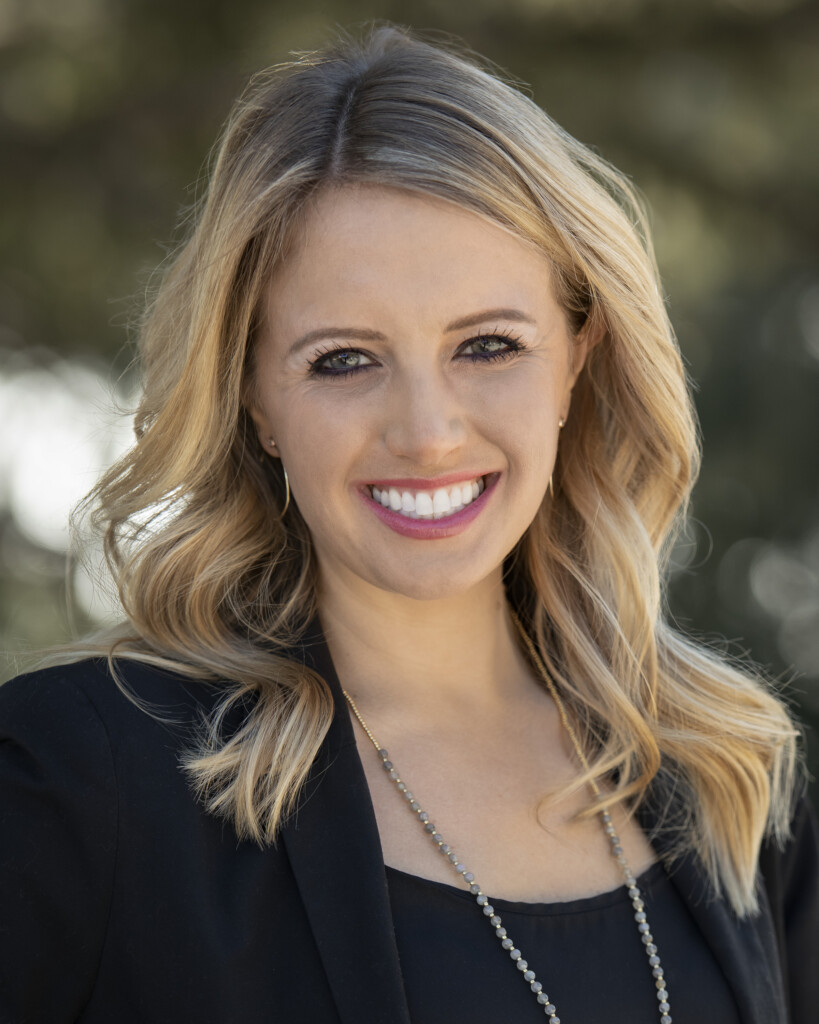You take better care of your own car than a rental car, don’t you? This question was posed to me at the beginning of our company’s Employee Stock Ownership Plan (ESOP) journey and it was the lightbulb moment for me regarding the difference between working for an employee-owned company versus another type of business ownership structure. In the world of business, just as in life, ownership breeds responsibility, and responsibility, in turn, breeds excellence. Employee Ownership, through ESOPs, fosters a profound sense of stewardship that empowers each individual, not merely as an employee but as a part-owner vested in the company’s growth and success.
READ: Five Lessons Learned from a Successful ESOP Transition
An ESOP is an employee benefit plan that gives workers ownership interest in the company in the form of stock shares. There are less than 6,500 ESOP-owned firms operating across the United States. While they offer significant benefits for companies, the benefits for employees are even greater. Success is imperative upon a strong ESOP culture — one that is designed, implemented and maintained through a variety of strategies. Here are five best practices to build a strong ESOP employee culture.
Lean on company values
Transparency, open communication, and collaboration build strong ESOP cultures. Highly engaged staff are motivated by meaningful work that makes them feel valued. Inclusion also grows ESOP cultures. Teams should treat each other with respect and engage in authentic discussions, show genuine concern for their colleagues and resolve conflicts effectively. Creating this kind of ESOP culture means that employees will expect and value this within themselves and their colleagues and perpetuate this throughout the organization over time.
Organize an employee ownership team with representation across all offices and positions
This group can help to execute your strategic initiatives at the board level while also serving as a conduit between people and leaders. This group should be passionate about their roles as employee-owners and highlight the privilege around this type of company structure. The ESOP team should provide regular opportunities for people to ask questions and be a listening ear for employee concerns.
Provide education opportunities
ESOP business models are complex. It’s important for your people to understand why your organization has an ESOP and how shares are valuated, allocated and distributed.
For example, look at building a set number of responsibilities of an employee-owner, and incorporate them into orientations and performance appraisals so that people are consistently reminded how their everyday actions provide value to our firm as a whole. Quality client interactions and deliverables all create value for an organization. Consider training for every person regardless of their level or firm tenure. Education is fundamental in ESOP cultures, but it’s equally important to remember that this education revolves around empowering principles: when you educate employee-owners, you’re fueling their sense of ownership and, therefore, their commitment to collective success. In essence, when we equip our teams with knowledge, we are igniting the power of employee ownership.
READ: Navigating the New Era of Employee Engagement — Everything you Need to Know
Provide engagement opportunities
Employee ownership is worth celebrating. Be sure to share reveal parties when the annual evaluation of the company’s stock is published and organize fun events during October’s employee ownership month. Thank employee-owners for their contributions through recognition. It’s important to engage your staff’s families as well. An ESOP is a long-term wealth-building benefit for people and their families and having significant others understand the positive benefits contributes to retention.
Look for existing systems that you can improve
Where you can, add or improve language and process around ownership and ESOP culture. For instance, in your recruiting process, evaluate potential employees to which you offer a position with the lens of adding this person as a co-owner. When making offers, invite them to be an owner of the firm. Review your financial practices, and consider open-book financials so that at any time staff can see how your company is performing, highlighting transparency and responsibility.
A company’s ESOP success is dependent on each person at the company. While there are several practices that go into building a strong ESOP employee culture, these tips resonate most and can have a meaningful impact on your company’s success and growth.
The bottom line
Cultivating a strong ESOP employee culture isn’t merely about increasing productivity or profitability. It’s about shaping an organizational ethos that emphasizes collective success, shared responsibility and mutual respect. The power of employee ownership lies in its capacity to transform the way individuals perceive their roles within the company — not as expendable cogs in a machine, but as integral parts of a thriving ecosystem that they can influence and shape through their efforts. Therein lies the profound beauty and transformative potential of ESOPs.
 Aimee Duffy is the director of human resources for Design Workshop. For more information, visit www.designworkshop.com or connect with Aimee directly via email at: [email protected].
Aimee Duffy is the director of human resources for Design Workshop. For more information, visit www.designworkshop.com or connect with Aimee directly via email at: [email protected].
Jason Wellman is director of ownership culture at ESOP Partners. For more information visit www.esoppartners.com or email Jason directly at [email protected].


